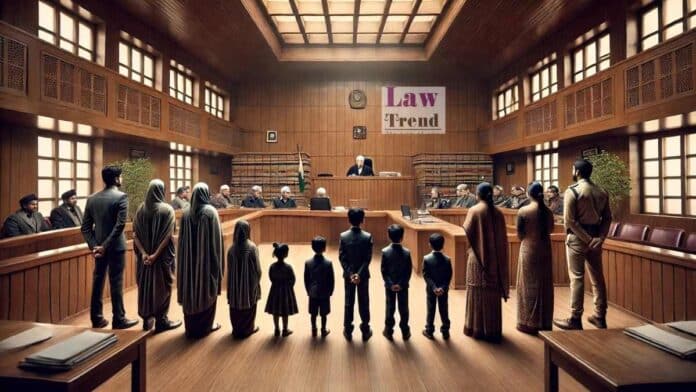In a landmark judgment, the Himachal Pradesh High Court ruled that children born from unregistered or legally invalid marriages cannot be denied the right to birth registration. Presiding over the case, Justice Jyotsna Rewal Dua emphasized that every child’s right to identity and documentation is fundamental and cannot be withheld due to the marital status
To Read More Please Subscribe to VIP Membership for Unlimited Access to All the Articles, Download Available Copies of Judgments/Order, Acess to Central/State Bare Acts, Advertisement Free Content, Access to More than 4000 Legal Drafts( Readymade Editable Formats of Suits, Petitions, Writs, Legal Notices, Divorce Petitions, 138 Notices, Bail Applications etc.) in Hindi and English.




